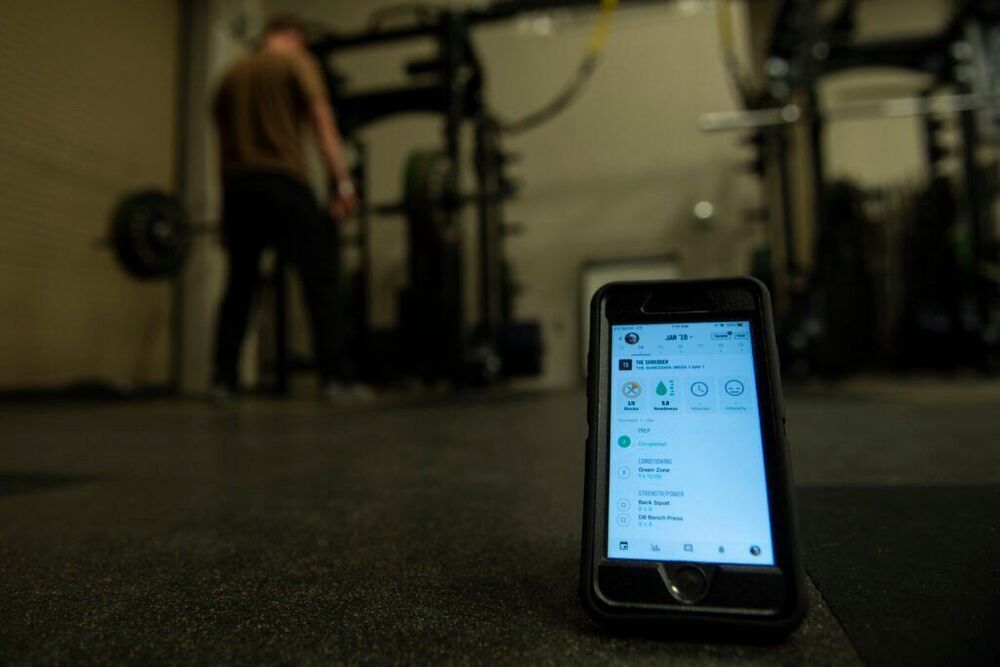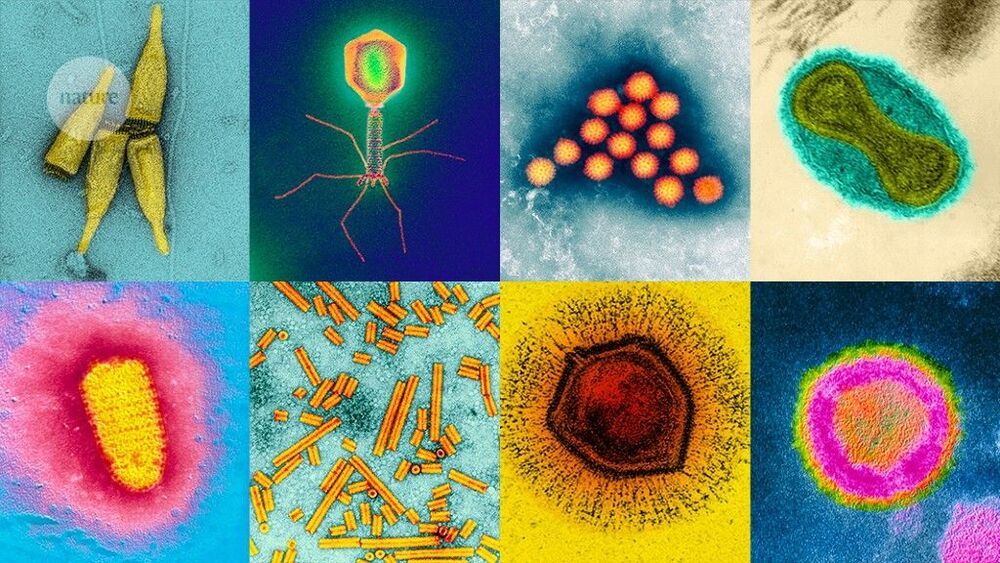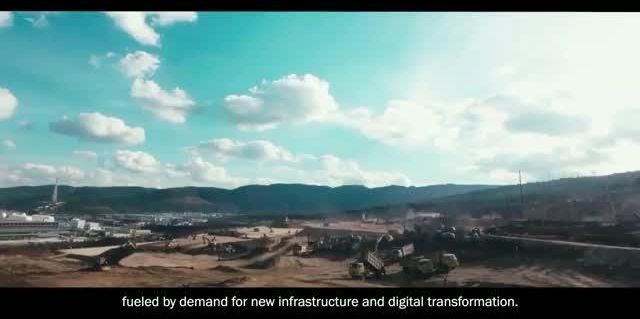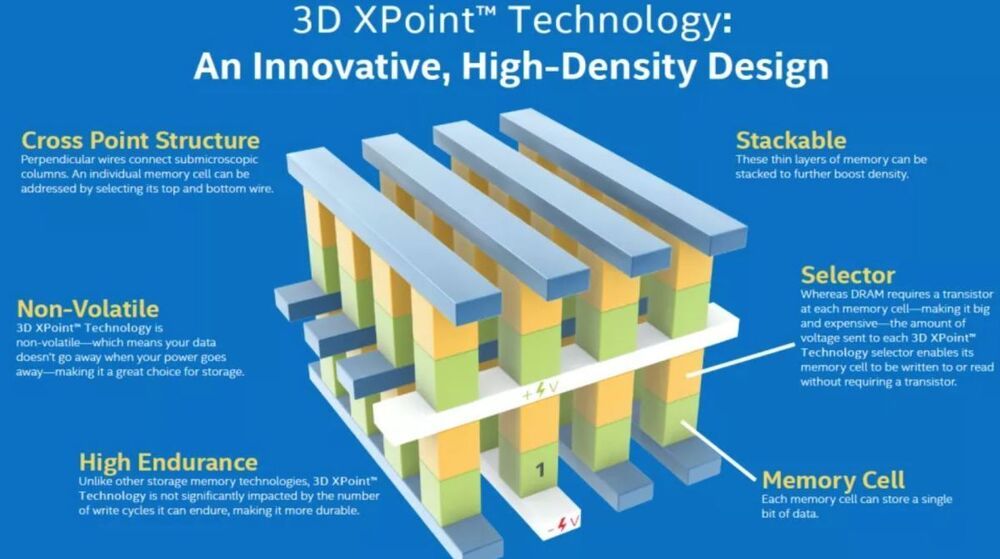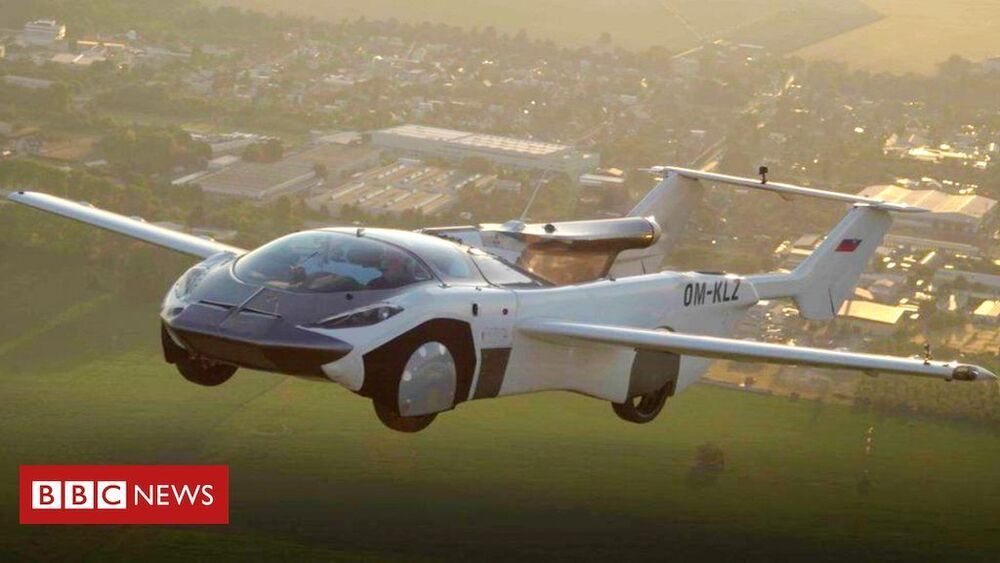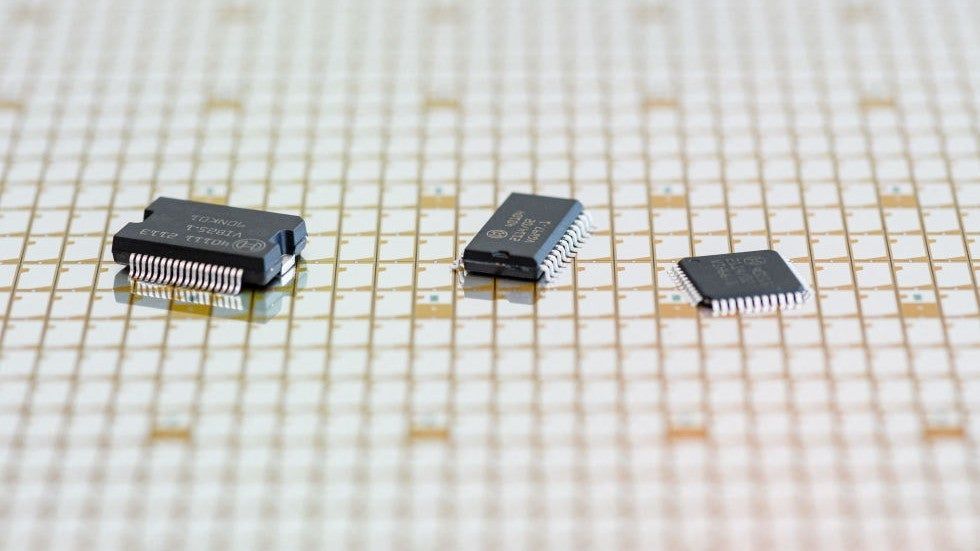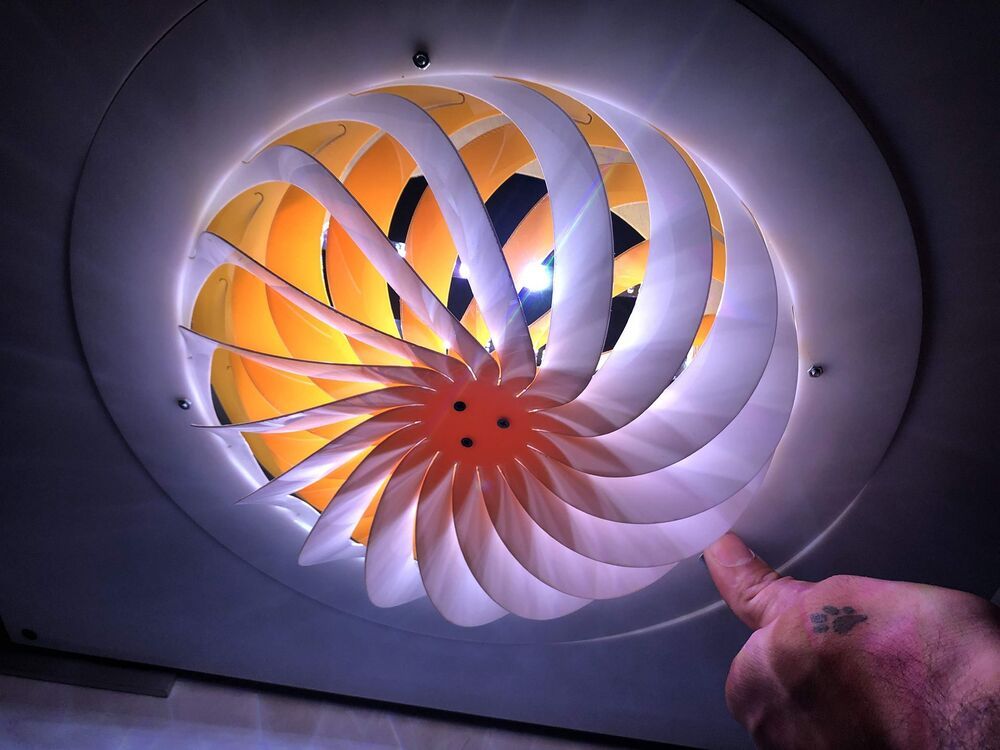SOCOM is using Other Transaction Authority (OTA) funds to partner with private biotech laboratory Metro International Biotech, LLC (MetroBiotech) in the pill’s development, which is based on what is called a “human performance small molecule,” he explained.
“These efforts are not about creating physical traits that don’t already exist naturally. This is about enhancing the mission readiness of our forces by improving performance characteristics that typically decline with age,” Hawkins said. “Essentially, we are working with leading industry partners and clinical research institutions to develop a nutraceutical, in the form of a pill that is suitable for a variety of uses by both civilians and military members, whose resulting benefits may include improved human performance – like increased endurance and faster recovery from injury.”
Hawkins said SOCOM “has spent $2.8 million on this effort” since its launch in 2018.
